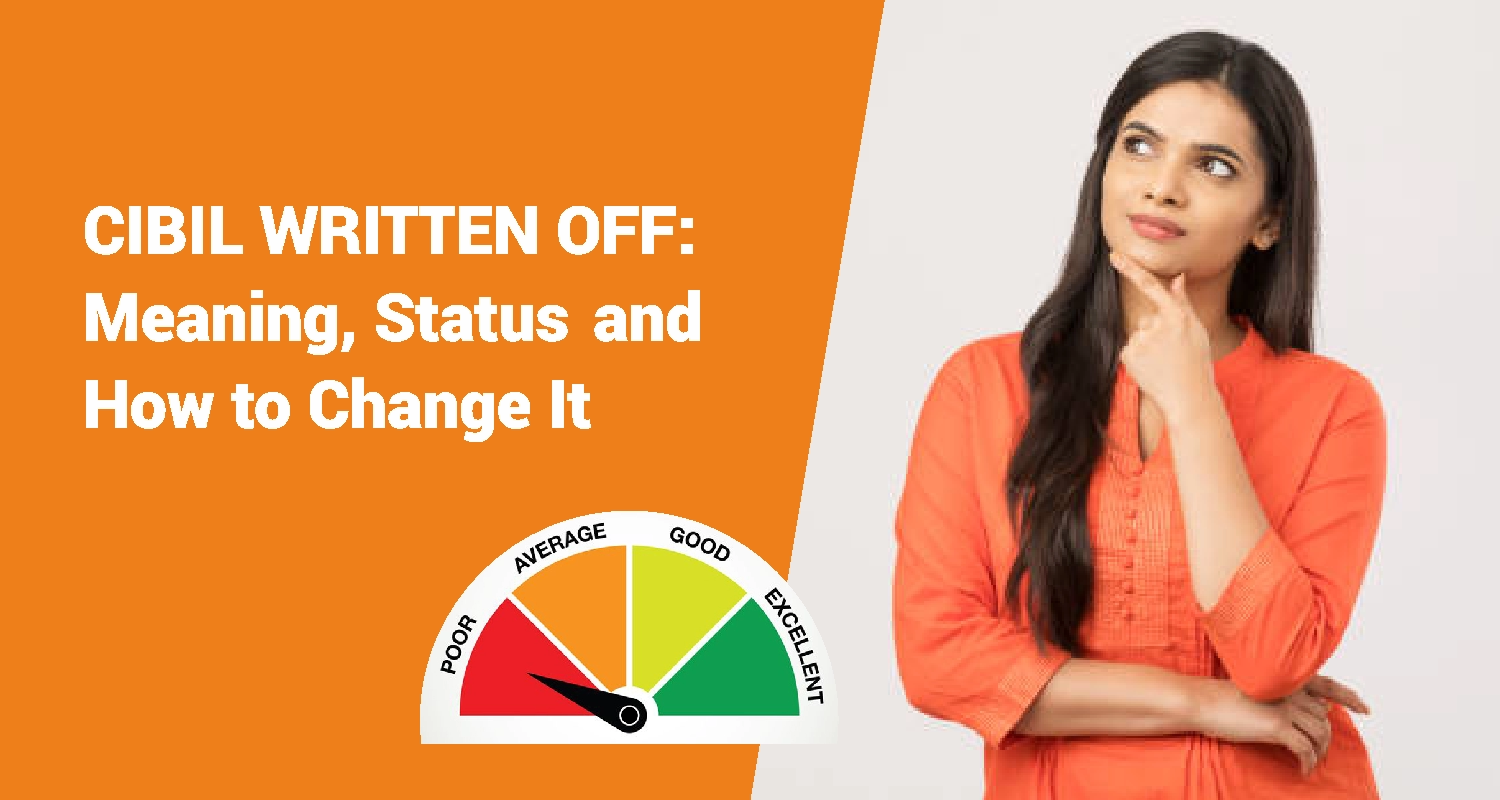How Is CIBIL Score Calculated?

Whether it is one’s personal life or professional workplace in the form of one’s own business venture, everyone needs financial resources. This could be for kids’ education, a dream home or car, international holiday, family wedding, medical emergency or for expanding the business.
Savings is one way to meet the needs but this is often insufficient and at times non-existent. A loan comes as a saviour on such occasions. In simple terms, a loan is a sum of money borrowed by a person or corporate entity from a lender, which could be a bank or a financial institution, for a fixed period. The debt has to be repaid to the lender with interest and other charges.
The most critical factor for almost all loans, and especially for unsecured loans, is the creditworthiness of the borrower. This is because unsecured loans do not come tagged with a collateral and lenders depend on their assessment of whether the loan applicant will pay back the money.
One way the lenders evaluate such loan applications is by checking the credit score, or as it is better known the CIBIL score and report. The higher the score, the better the chances of getting a loan and that too at sweet terms.
Be it a credit card, personal loan, home loan or a small business loan, with the CIBIL score and report one can plan the loan requirement in a structured way.
CIBIL Score
Given that CIBIL, an acronym for Credit Information Bureau India Limited, was the first organisation generating the scores in the country it has become synonymous with the credit score. This is despite other agencies now compiling the same scores and CIBIL own name changing to TransUnion CIBIL after US-based TransUnion acquired a majority stake in the organisation.
The score is a three-digit number that lies in the 300-900 range. A score that is closer to 900 is seen as one representing a person with the highest creditworthiness. Conversely, someone with a score closer to 300 is considered highly risky and unlikely to pay back the loan either partly or as per schedule.
Typically, even as lenders prefer to pick a borrower with as high a score as possible, a score of 750 and above is seen as good enough for automatic clearance or pre-authorisation for a loan application.
The number on the lower end is around 500-550. A score around this level or lower makes it almost impossible to get a green signal for a loan application. Such persons either have to work towards improving their score for the future or have to look for other options as a secured loan in the form of a gold loan or others to borrow money as lenders would not be keen on lending to them without any collateral.
A score between these good and bad thresholds is where some lenders would still reject the loan application but others may treat it with flexibility.
Calculating CIBIL Score
Every credit information company has its own method to assign a credit score to an individual but there are certain basic ingredients that do not change. It is, after all, meant to capture a person’s credit history and repayment track record.
Here are the elements that go into the calculation of the CIBIL score:
• Past Performance:
A person’s past track record with respect to their loans and behaviour with the debt obligations is the primary factor and close to one-third of the score is based on that aspect.• Credit Type and Duration:
The type of loan(s) availed has its own impact. This is based on whether the person has taken secured or only unsecured loans in the past as the latter is seen as riskier. The score also captures the tenor of the loans. These aspects contribute around a quarter to the overall CIBIL score.• Credit Exposure:
The total amount of credit exposure or outstanding credit is another important factor. This is because if one is deep in debt already, taking another loan would bring down the repaying capacity.• Other Factors:
How much credit one has utilised as a percentage of income and recent credit behaviour is the final piece of the puzzle. For instance, if one has maxed out his or her credit card spend limits, since it is another form or credit, it is also taken as a negative and lowers the score.Conclusion
The CIBIL score is an important factor playing out when one applies for a loan from either a bank or a non-banking finance company (NBFC). The score represents one’s creditworthiness and is calculated by looking at the past record of credit and repayments, type of loans availed, tenor of those loans, credit utilisation as it affects repayment capacity and the total outstanding debt. All these are especially captured for the immediate 36 months prior period.
IIFL Finance, one of the top NBFCs in the country, offers a variety of loan products including gold loans, personal loans and business loans both with and without collaterals via a swift digital process. The company also offers flexible repayment options for loans and the most competitive interest rates to borrowers with high CIBIL scores.
Disclaimer: The information contained in this post is for general information purposes only. IIFL Finance Limited (including its associates and affiliates) ("the Company") assumes no liability or responsibility for any errors or omissions in the contents of this post and under no circumstances shall the Company be liable for any damage, loss, injury or disappointment etc. suffered by any reader. All information in this post is provided "as is", with no guarantee of completeness, accuracy, timeliness or of the results etc. obtained from the use of this information, and without warranty of any kind, express or implied, including, but not limited to warranties of performance, merchantability and fitness for a particular purpose. Given the changing nature of laws, rules and regulations, there may be delays, omissions or inaccuracies in the information contained in this post. The information on this post is provided with the understanding that the Company is not herein engaged in rendering legal, accounting, tax, or other professional advice and services. As such, it should not be used as a substitute for consultation with professional accounting, tax, legal or other competent advisers. This post may contain views and opinions which are those of the authors and do not necessarily reflect the official policy or position of any other agency or organization. This post may also contain links to external websites that are not provided or maintained by or in any way affiliated with the Company and the Company does not guarantee the accuracy, relevance, timeliness, or completeness of any information on these external websites. Any/ all (Gold/ Personal/ Business) loan product specifications and information that maybe stated in this post are subject to change from time to time, readers are advised to reach out to the Company for current specifications of the said (Gold/ Personal/ Business) loan.



